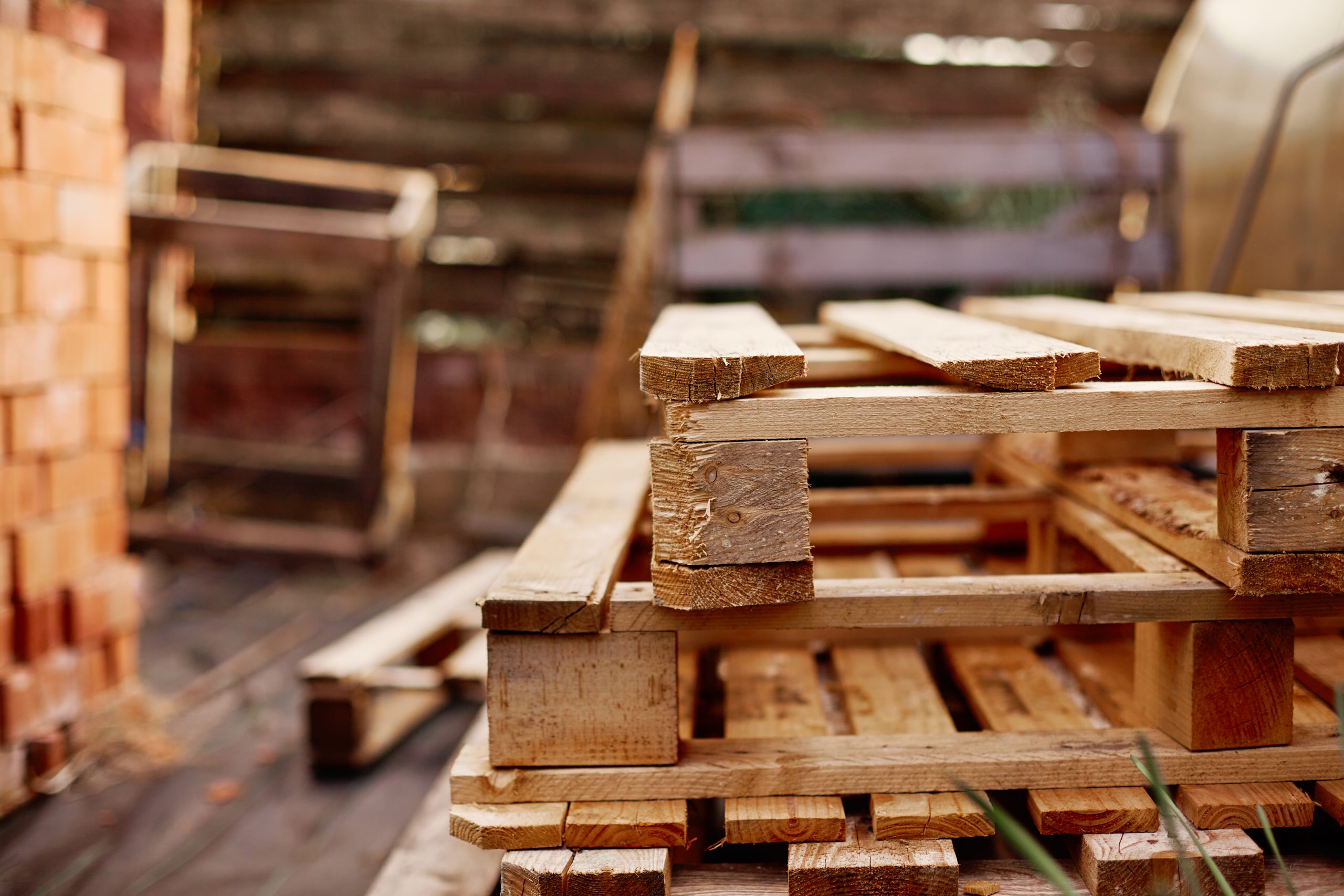Most UK businesses save money buying pallets after 12-18 months. But pallet rental works better for seasonal businesses with changing needs.
Choosing between pallet rental and pallet buying affects your business costs more than you might think. This guide helps you pick the right option for transporting goods in 2025.
Understanding Your Options
Pallet buying means you purchase wooden pallets and own them completely. You handle storage, repairs, and replacements yourself.
Pallet rental (or pallet hire service) means you pay to use pallets without owning them. The rental company delivers, tracks, and collects them for you.
Cost Comparison for 2025
Buying Costs
| Pallet Type | New Price | Used Price | Lifespan |
|---|---|---|---|
| Standard pallets (1200x1000mm) | £5.95-£26.50 | £3.50-£10.90 | 3-5 years |
| Euro pallets | £6.50-£9.50 | £4.00-£6.50 | 2-4 years |
| Heat-treated ISPM 15 | £8.00-£15.00 | £5.00-£9.00 | 3-5 years |
Extra costs: Storage (£1.50-£5.00 weekly), repairs (£2-£5 yearly per pallet), replacements.
Rental Costs
- Daily rate: £1.20-£1.50 per pallet
- Service fee: £3-£8 per pallet (one-time)
- Transport: £2-£6 per delivery
Example: 100 pallets used year-round costs £43,800-£54,750 annually through rental, versus £800-£2,650 to buy the same quality pallets.
When Buying Makes Sense
Best for: Businesses with steady, predictable needs.
- You save money after 12-18 months
- Complete control over your wide range of pallets
- No daily rental charges are adding up
- Can sell used pallets later
- Perfect for internal use or short delivery chains
Manufacturing companies and warehouses with consistent operations typically benefit most from buying high-quality pallets.
When Rental Works Better
Best for: Businesses with changing or seasonal needs.
A pallet rental service handles complex logistics for you:
- No upfront costs for large quantities
- Flexibility for busy and quiet periods
- Professional cleaning and maintenance included
- No storage space needed
- Perfect for event organisers and seasonal businesses
Food companies often prefer renting pallets because rental companies ensure proper cleaning between uses.
Industry-Specific Guidance
Manufacturing: Buy pallets for consistent, long-term use. The cost savings become significant over time.
Retail: Mix both options – buy for core needs, rent extra capacity during peak seasons.
Food & Beverage: Consider rental for hygiene standards and professional maintenance.
Events: Short-term rental works perfectly for temporary needs.
Making Your Choice
Ask yourself these questions:
- Do you use the same number of pallets each month?
- Do pallets stay on-site or travel to many locations?
- Can you store pallets when not needed?
- Do you need special sizes or heat-treated pallets?
Steady usage + storage space = buying usually wins. Changing needs + complex distribution = rental often better
Sustainability Benefits
Both options support environmental goals differently. Buying extends pallet life through careful maintenance. Renting shared pallets across multiple businesses, reducing the total pallets needed. According to WRAP (The Waste and Resources Action Programme), pallet recycling and reuse services help businesses meet sustainability targets by keeping materials in circulation rather than sending them to landfill.
Getting Started
At CM Pallets, we provide both new and reconditioned wooden pallets across our range of pallets. Our family business offers personal service with 20 years of experience helping UK companies make smart pallet decisions.
Whether you need Grade A Standard pallets for heavy loads or Lightweight Euro pallets for efficient handling, we help you choose the most cost-effective solution.
Contact us today for expert advice on pallet buying or to discuss your specific requirements.
Frequently Asked Questions
1. How long do wooden pallets last?
Quality pallets typically last 3-5 years with proper care. Indoor storage and gentle handling can extend this to 6+ years.
2. Can I use both buying and renting?
Yes! Many businesses buy pallets for core needs and rent additional capacity during busy periods.
3. What if rental pallets get lost?
Loss charges range from £25-£60 per pallet. Always track pallets carefully and train staff on proper handling.
4. Are heat-treated pallets necessary?
ISPM 15 heat-treated pallets are required for international shipping. Domestic use within the UK doesn’t need this treatment.




